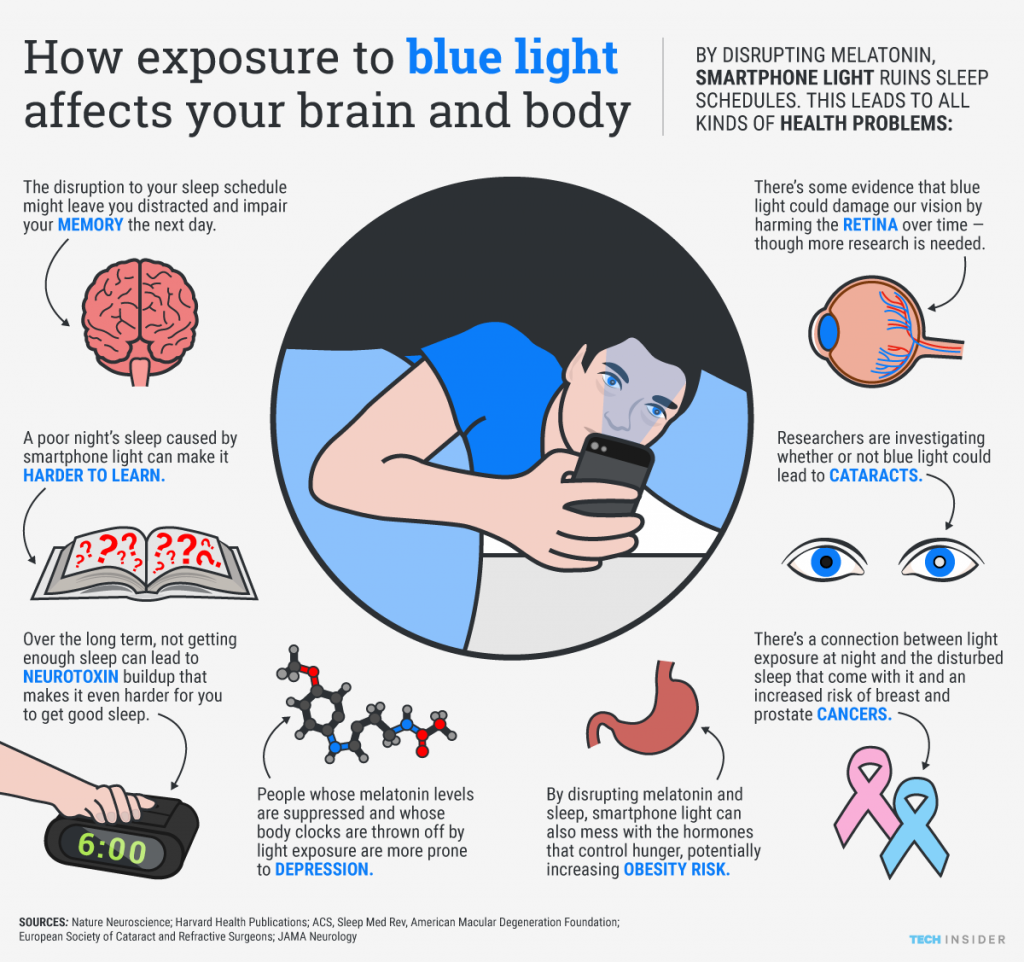Introduction
Phones are tiny supercomputers in our pockets, and while they’re convenient, they’re also quietly—and profoundly—changing how our brains work. We scroll, tap, click, and swipe through more information in a day than some people consumed in a lifetime a century ago.
But there’s a hidden cost to all this convenience. Psychology and neuroscience researchers have been uncovering some alarming truths: our smartphones are actually rewiring our brains. Here are seven research-backed ways your device may be affecting your cognition, attention, and mental health—plus what you can do about it.
Read More- Brain Rot and Ways to Deal With It
1. Your Attention Span Is Crumbling
If you’ve noticed it’s getting harder to focus on a single task for more than a few minutes, you’re not imagining it. Research from Gloria Mark and colleagues (2015) found that the average person switches tasks every 47 seconds when using a digital device. Every time you switch, your brain burns cognitive fuel re-orienting itself.

This fragmentation of attention weakens your ability to engage in deep work—something that requires uninterrupted concentration. It’s not just a productivity problem; it rewires the brain’s reward system to crave constant novelty.
2. Multitasking Is Making You Less Efficient
You may believe you’re good at multitasking, but cognitive psychology says otherwise. According to Rubinstein, Meyer, and Evans (2001), multitasking actually reduces productivity by up to 40%. What you think is multitasking is often rapid task-switching, which exhausts the brain’s executive function system and increases mental fatigue.
You become slower, make more mistakes, and retain less information.
3. You’re Outsourcing Your Memory to Google
The “Google Effect,” coined by Sparrow, Liu, and Wegner (2011), refers to the brain’s growing tendency to remember how to access information rather than remembering the information itself. Rather than committing facts to memory, we rely on digital devices to retrieve them on demand.

This isn’t inherently bad—our brains have always offloaded information onto external tools—but the habit reduces the depth of processing and long-term retention.
4. Notifications Are Triggering Chronic Stress
Even when you don’t respond, incoming notifications still activate stress responses. Research by Rosen et al. (2013) shows that even the presence of a phone on your desk can increase anxiety and reduce cognitive performance. The stress hormone cortisol spikes in anticipation of alerts, causing your body to prepare for a “threat”—which never comes.
Over time, this trains the brain to stay in a constant state of hypervigilance.
5. Blue Light Exposure Is Disrupting Your Sleep Cycle
Smartphone screens emit blue light, which has been shown to suppress melatonin production—the hormone that regulates sleep. A study by Cajochen et al. (2011) found that exposure to blue light before bedtime can delay sleep onset and reduce overall sleep quality.

Poor sleep isn’t just annoying—it impairs memory, emotion regulation, and immune function.
6. You’re Becoming Dependent on Dopamine Hits
Social media and app designers use reinforcement techniques that create dopamine loops. Each new like, comment, or message delivers a small reward, reinforcing the behavior. According to Montag et al. (2019), these intermittent variable rewards mimic the neural patterns seen in gambling addiction.
Your phone becomes a slot machine for your attention.
7. Constant Input Is Killing Your Creativity
Ever wonder why your best ideas come in the shower or on a walk? It’s because your brain needs idle time to incubate ideas and make connections. Immordino-Yang et al. (2012) found that daydreaming and mind-wandering play essential roles in learning and creativity.
By filling every gap in your day with digital noise, you’re silencing your brain’s natural creativity engine.
What Can You Do?
While the damage isn’t irreversible, change starts with awareness. Try these strategies:
- Use “Do Not Disturb” modes or app blockers during work sessions.
- Schedule device-free time—especially during meals, workouts, and before bed.
- Try a weekly 24-hour digital detox.
- Set boundaries around social media use (e.g., no scrolling after 9 p.m.).
- Replace idle screen time with analog activities like walking, journaling, or reading.
You don’t need to throw away your phone—but you do need to reclaim your mind from it.
References
Mark, G., Gudith, D., & Klocke, U. (2015). The cost of interrupted work: More speed and stress. ACM CHI.
Rubinstein, J. S., Meyer, D. E., & Evans, J. E. (2001). Executive control of cognitive processes in task switching. Journal of Experimental Psychology.
Sparrow, B., Liu, J., & Wegner, D. M. (2011). Google Effects on Memory: Cognitive consequences of having information at our fingertips. Science.
Rosen, L. D., et al. (2013). Media and technology use predicts symptoms of attention deficit hyperactivity disorder and depression. Computers in Human Behavior.
Cajochen, C., et al. (2011). Evening exposure to a light-emitting diodes (LED)-backlit screen affects circadian physiology. Journal of Applied Physiology.
Montag, C., et al. (2019). Smartphone usage and addiction: Cause for concern? Journal of Behavioral Addictions.
Immordino-Yang, M. H., Christodoulou, J. A., & Singh, V. (2012). Rest is not idleness: Implications of the brain’s default mode for human development and education. Perspectives on Psychological Science.
Subscribe to PsychUniverse
Get the latest updates and insights.
Join 3,036 other subscribers!
Niwlikar, B. A. (2025, May 11). 7 Shocking Ways Your Phone Is Rewiring Your Brain (And What to Do About It). PsychUniverse. https://psychuniverse.com/phone-is-rewiring-your-brain/



